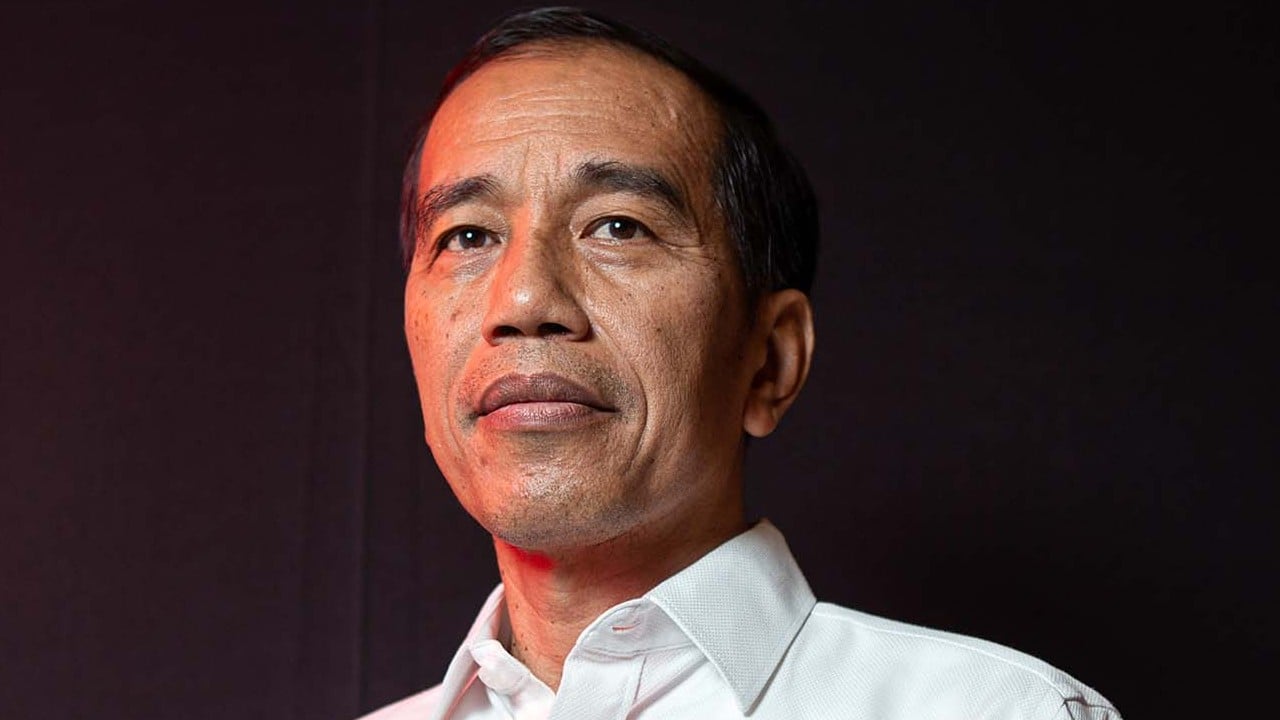
Indonesia’s Jokowi hails ‘positive developments’ with Australia’s Albanese after EV battery, climate, visa deals
- Indonesia and Australia signed deals to collaborate on mining key minerals – lithium and nickel – used for the production of electric vehicle batteries
- Australia also relaxed the rules for Indonesian travellers, extending the duration of business visas for Indonesians to 5 years
“There is a lot that Australia can offer Indonesia … including the global move towards electric vehicles (EVs). We are rich in all the components and the expertise needed for renewable energy,” Albanese said on Tuesday during a joint news briefing.
As Indonesia powers up EV battery dream with lithium deal, China set to benefit
The move comes after the local government of Western Australia and the Indonesian Chamber of Commerce and Industry agreed in February to form a key mineral supply chain partnership to attract investment from both sides.
The president viewed the move as one of the “many positive developments” in the bilateral relationship. “Indonesia and Australia must build a more substantive and strategic economic cooperation through the joint production of EV batteries,” Widodo said.

Aside from increasing collaboration on nickel and lithium mining, the two leaders also sought to boost cooperation in climate and infrastructure, with Albanese announcing a A$50 million (US$33.4 million) fund to unlock investments into Indonesian small and medium-sized enterprises that were focused on climate and clean energy.
In 2020, Australia and Indonesia signed the Indonesia-Australia Comprehensive Economic Partnership Agreement to enhance trade and investment ties.
According to Australia’s Bureau of Statistics, Australian investment in Indonesia was US$524.4 million last year, up from US$195.2 million in 2021.
Meanwhile, Indonesians looking to travel to Australia are set to face relaxed visa rules, as Albanese on Tuesday extended the duration of business visas for Indonesians from three years to five. He added that Canberra would move to make Indonesians eligible for the frequent travellers’ visa.
“This offers a 10-year visa validity, making an enormous difference in removing bureaucratic impediments to have a closer relationship,” Albanese said.
Australians arriving in Indonesia can get a visa on arrival allowing them a 30-day stay for US$50 at any port of entry, while Indonesians still need to present a range of documents, including bank statements and a police record, to gain a short-term visitor visa for Australia.
Australia’s appetite for Asean trade set to grow as mindsets change: experts
The leaders also talked about Indonesia’s concern on nuclear proliferation in the region and reaffirmed their commitment to strengthening the global nuclear non-proliferation and disarmament regime.


